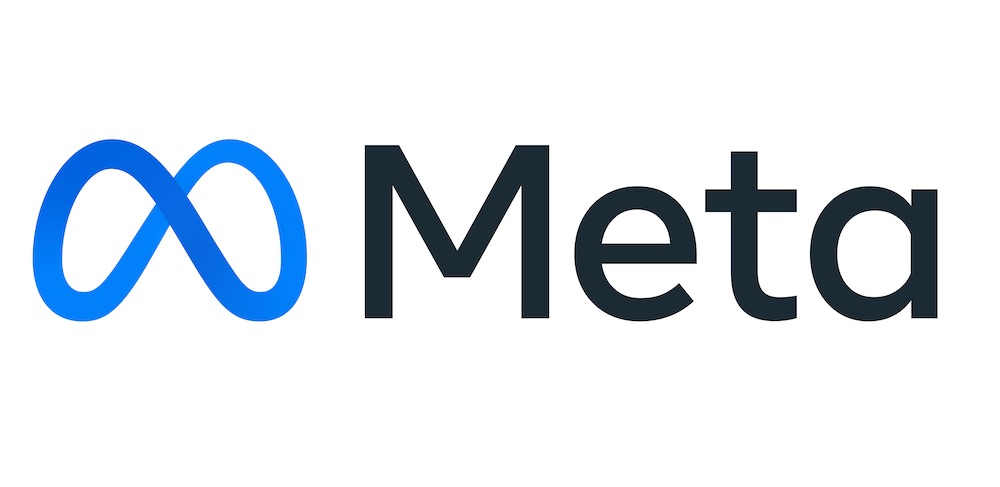By Felicia Nwosu
Yann LeCun, a prominent voice in artificial intelligence, has underscored the need for global collaboration and thoughtful regulation to drive innovation in AI
Speaking at the 2024 K-Science and Technology Global Forum, he warned that overly restrictive policies could undermine progress, particularly in open-source development, which plays a crucial role in fostering diverse and inclusive AI systems.
The chief artificial global scientist emphasized that the AI revolution is still in its early stages and that the technology’s full potential has yet to be realized.
He envisioned a future where AI seamlessly mediates human interactions with the digital world, with intelligent systems capable of reasoning, planning, and understanding the complexities of the real world.
However, he noted that current generative AI models, such as large language models, face limitations in comprehending the physical environment and executing advanced reasoning tasks.
To overcome these challenges, LeCun outlined Meta’s efforts to create objective-driven AI architectures that can learn and adapt by observing the physical world in a manner akin to human infants.
This approach aims to develop systems that can predict outcomes and make informed decisions based on their understanding of real-world scenarios.
Highlighting the importance of a decentralized approach, LeCun called for collaborative global efforts to develop AI systems that reflect diverse cultural contexts, languages, and societal values.
He stressed that relying on a single region or organization to lead AI training and development risks creating a narrow, incomplete perspective.
“We can’t have a single entity somewhere on the west coast of the United States train these models,” he remarked, urging international cooperation to ensure AI systems benefit all of humanity.
The AI enthusiast also warned of the risks of heavy-handed regulation, particularly for open-source AI, which he described as a cornerstone for innovation and inclusivity.
He argued that there is no substantial evidence that AI systems pose an inherent danger and cautioned against policies that could stifle creativity and experimentation.







Comment
No comments found.